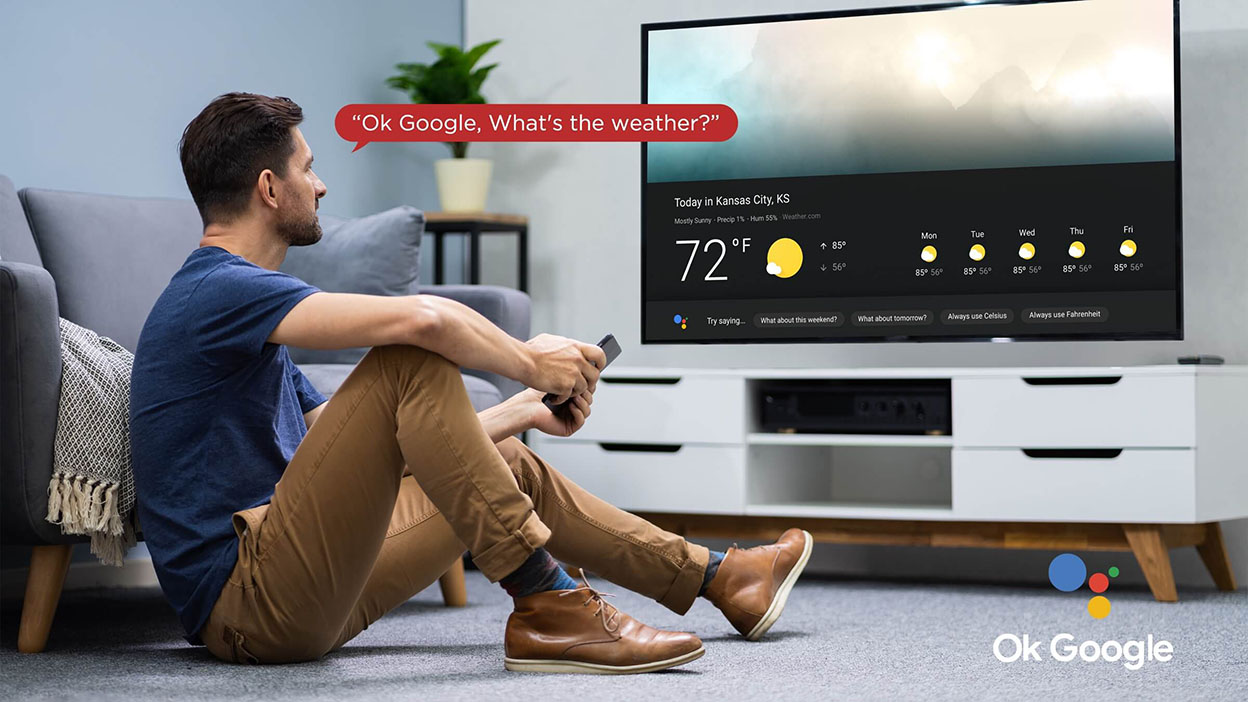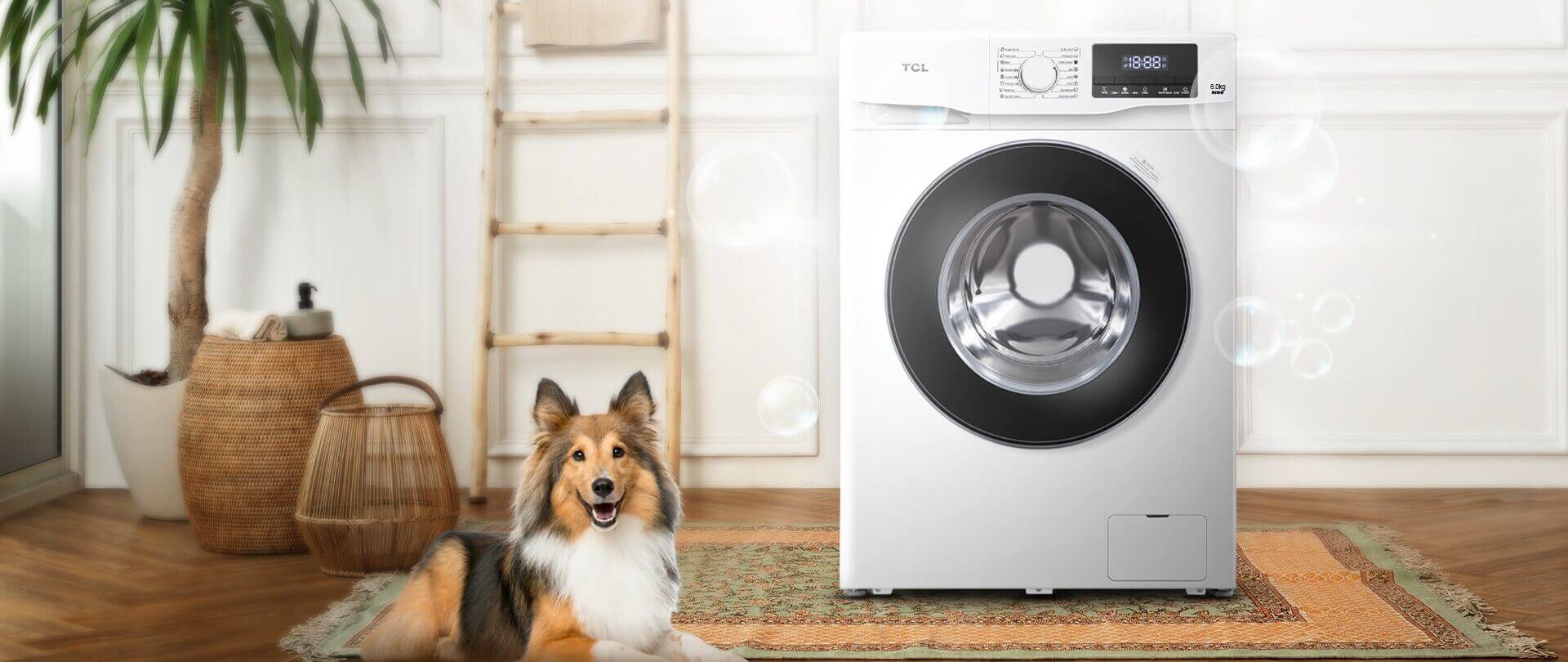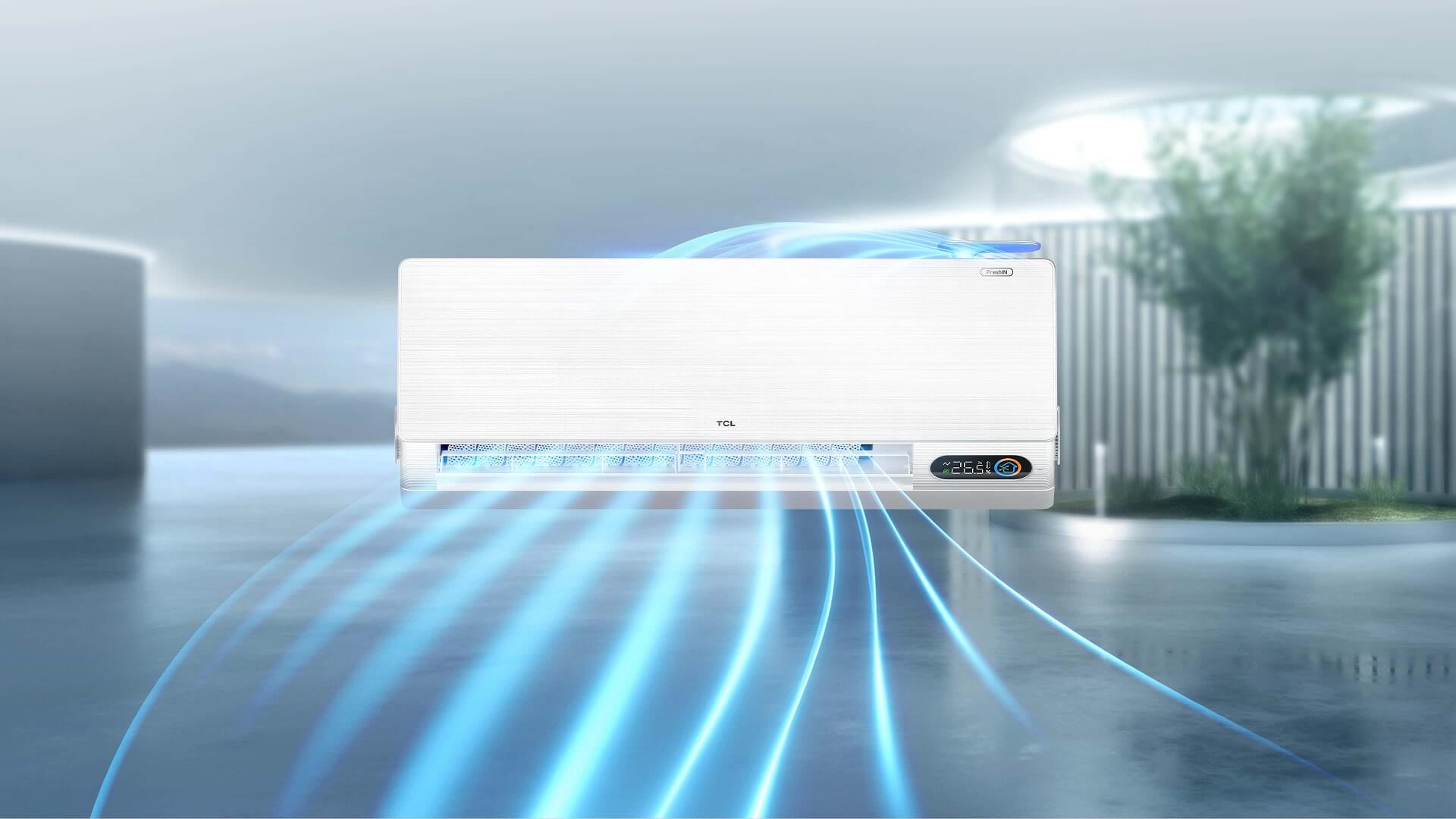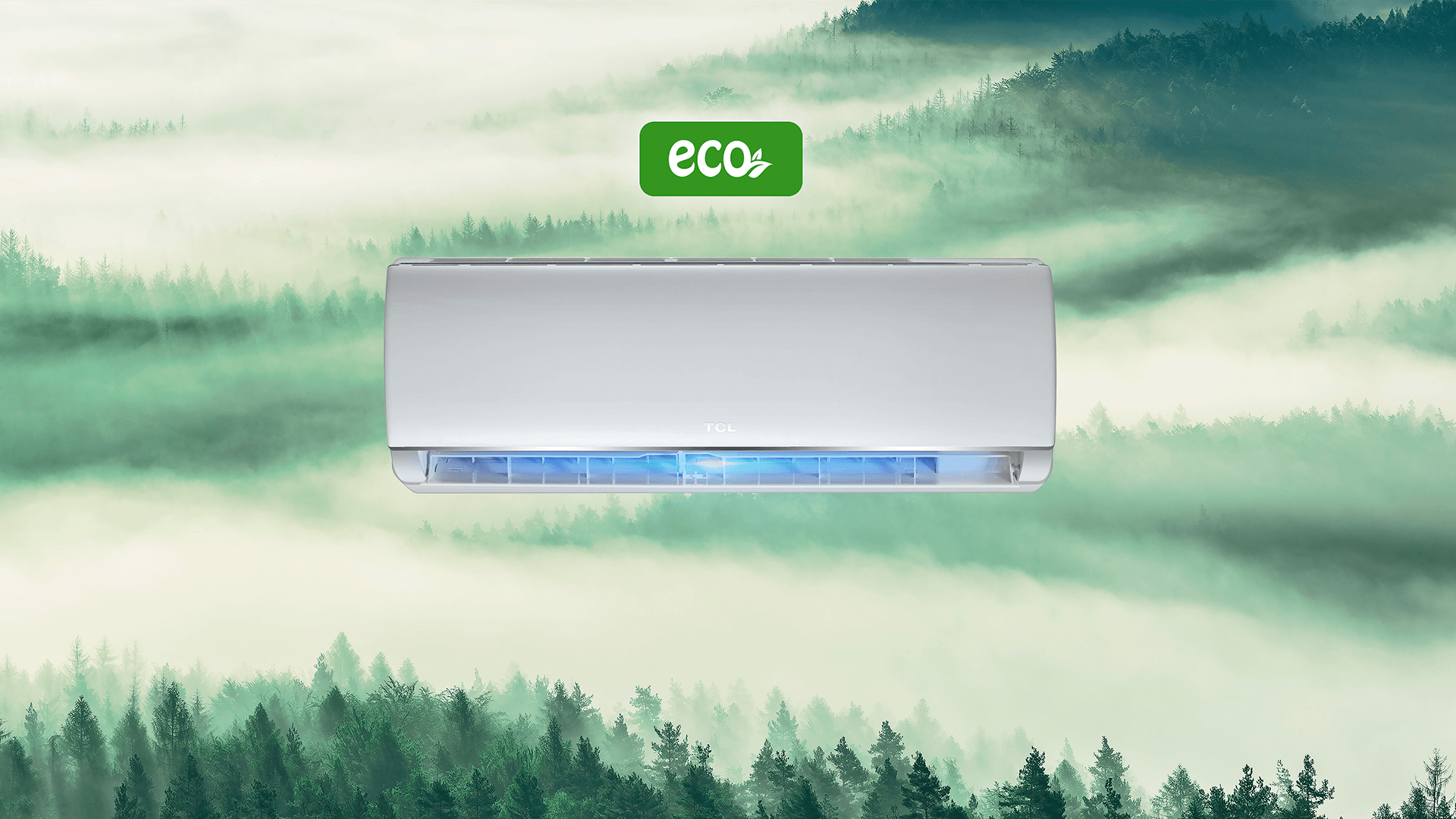Notice
TCL Industries Holdings Co., Ltd. (the “Company”) has recently been made aware of certain scams fraudulently using the name of the Company and its subsidiaries or associated companies, and fraudsters faking identities as the staff of the Company or the authorized distributors to carry out the following fraudulent activities: Learn More
Introduction
ACs are a fundamental part of your home. They can be split into two types, inverter AC and non-inverter AC. Inverter and non-inverter ACs are two different kinds of air conditioners that have their own pros and cons. The differences between them will be discussed in this article along with how they work, the advantages and disadvantages of each type, etc.
The main difference between an inverter and non-inverter AC lies in the compressor
The main difference between an inverter and non-inverter AC lies in their compressor speed. An inverter AC has a variable speed compressor, while a non-inverter AC has a fixed speed compressor. Variable speed compressors are more energy efficient than their fixed counterparts and make less noise as well.
An inverter air conditioner is a type of air conditioning unit that can adjust the compressor's motor speed to regulate the temperature. The use of an inverter switch allows for greater flexibility in terms of power usage. Inverter ACs are more energy efficient than non-inverters because they can change their power consumption depending on how hot it is outside, or if you have multiple people in your home at any given time.
The inverter is connected to a number of other components including the battery and solar panel, which are used to power the system. It also receives information from sensors that monitor the health of your batteries and solar panels, so it can make sure they’re functioning correctly. Inverters are responsible for managing the flow of power between your home’s electricity grid and your battery bank or solar panels.
Another difference worth mentioning is that the refrigerant used in non-inverter AC emits harmful emission which adversely impacts the environment. Modern inverter ACs use efficient refrigerants such as R32 which provides better cooling capacity and also emits less harmful emissions to the environment.
Inverter ACs save up to 30% of electricity compared to non-inverters.
Inverter Air Conditioners are much more energy efficient than their non-inverter counterparts: they can save up to 30% on electricity compared to non-inverters.
Non-inverter air conditioners use the on/off method, where the compressor is switched on and off at regular intervals to maintain the desired temperature. This uses more energy than inverters and can result in more wear and tear on your system. Compressors that are non-inverters do not run at full speed all the time, making them less efficient than their inverter counterparts.
As said before, an inverter AC uses variable speed compressors, which have a wider range of speeds compared to on/off compressors used by non-inverters. This allows it to operate in more modes that take advantage of different conditions and load requirements, thereby improving its efficiency throughout a wide range of operating conditions.
Inverter air conditioners use a different method for cooling your space called pulse width modulation (PWM). Instead of switching on and off as with non-inverters, PWM technology modulates how long it takes for a compressor to start up again after shutting down—hence its name: pulse width modulation!
The PWM system allows the compressor to run at full speed all the time, which helps it cool your space more efficiently. It also has a longer lifespan due to less wear and tears on your equipment. This is a great advantage for you, as it means less maintenance and a longer lifespan. You’ll also see lower energy bills when using an inverter air conditioner. The other major benefit of inverter technology is its ability to cool spaces faster than non-inverters.
Inverters are also more efficient at dehumidifying the air, which is important in high-humidity areas. They also have better temperature control than non-inverter ACs because they can vary the speed of their compressors to respond to changing conditions. This means that your AC will be able to maintain an optimal temperature throughout the day, even when there are extreme fluctuations in outside temperature or humidity. In addition, inverter units are quieter than non-inverter models because they don’t need to switch on and off as often.
Which type of AC should you buy?
Your choice of an air conditioner depends on your requirements, budget, and usage.
The main benefits of installing an inverter AC are that they're more energy efficient than non-inverters and they tend to be quieter while running at lower speeds than standard models. In general terms
Inverters cost more upfront but save money on electricity bills over time; Non-inverters cost less for a purchase but the operating cost of a non-inverter AC is high.
inverters tend to be more durable and have a longer lifespan, and the maintenance cost of an inverter AC is relative high; The lifespan of a non-inverter AC is comparatively less, but the maintenance cost of a non-inverter AC is low;
The non-inverter ACs make a lot of noise during the operation and while switching ON or OFF; The inverter air conditioner produces no or little sound while operating.
The temperature of the room with non-inverter AC may vary; Inverter AC maintains the room temperature stable.
With the inverter AC, fast cooling is possible, but it is the opposite for non-inverters.
At last, Inverters are more environment-friendly than non-inverters.
Conclusion
The best way to get the most out of your inverter AC is by taking good care of it and keeping the filter clean. Also, you should keep an eye on your electricity bill and make sure that your unit is running smoothly. If you need more information about TCL Air Conditioners. Check out TCL's website to learn more.
TCL Inverter ACs:
TCL Non-inverter ACs:
Connect with us on Facebook, Instagram, Twitter & YouTube for the latest updates on our TCL products and events.

How to Connect Universal Remote to TV?
2024-08-27

YouTube on TV Not Working, How to Fix?
2024-08-24

How to Watch Apple TV on Smart TV
2024-08-22

How to Measure a TV Screen for Perfect Fit?
2024-07-26

How to Clean Air Conditioner Drain Line?
2024-06-27

How to Watch Free Live TV on Android TV
2024-05-06

What AC Type is Used in Offices?
2024-04-26

How To Remove Lint From Clothes Washing Tips
2024-04-20

Set Up Your OK Google Device On Your TV
2024-04-08

How to Reset Your Air Conditioning Unit
2024-03-26

How Does The Refrigeration Cycle Work?
2024-03-23

How Does VPN Work On Smart TV
2024-03-22

How to Open A Locked Washing Machine Door
2024-03-19

Discover the Best Washing Machines for 2024
2024-02-28

How To Get Disney Plus On TV: A Easy Guide
2024-02-25

How To Adjust Your TV Picture to Fit Screen
2024-01-21

How To Convert Your LED TV To A Smart TV
2023-11-30

Tablet Vs Laptop – Which Should You Buy?
2023-11-24

How To Play Games On Smart TV
2023-11-16

What is a backlight in an LED TV?
2023-11-14

How To Level A Washing Machine in Easy Steps
2023-11-11

How To Dispose Of An Old Refrigerator Safely
2023-10-29

How to Mount a TV on the Wall in Easy Steps
2023-10-14

Why Is My AC Not Blowing Cold Air? Easy Fix
2023-09-29

How To Wash Shoes In The Washing Machine
2023-09-28

How To Clean Your TV Screen In 6 Easy Steps
2023-09-26

3 Easy Methods on How To Reset your Tablet
2023-09-14

Dolby Digital Vs DTS: What's The Difference
2023-08-26

Washing Machine Capacity And Load Size Guide
2023-07-26

Ac Leaking Water? Here's How You Can Fix It!
2023-07-22

How To Take Care of a Cracked Phone Screen
2023-07-18

Who Invented Television: History of TV
2023-06-28

10 Smart Tips For More Organized Fridge
2023-06-16

Top 5 Best Browsers for Android TV
2023-05-20

How to Recover Deleted Photos on Android
2023-05-18

What Are the Big Changes for TCL TV in 2022?
2022-09-08

How TCL Smart TVs Enhance Your Life?
2022-08-10

Monitors Vs 4K TVs: Which Should I Choose?
2022-04-28

Everything You Should Know About 4K 120Hz TV
2022-03-31

Top 5 Things about 8K TVs You Need to Know
2022-03-31

What is the Best TV viewing distance
2022-02-28

4 Misunderstandings About QLED TVs
2022-02-28

What is Roku TV and How Does a Roku TV Work?
2021-07-28
.jpg)
How to use your TCL Android TV
2019-11-07

Buying a TV? Which TV Should You Buy?
2018-07-06

Google Assistant & Artificial Intelligence
2018-05-23

TCL Named CES 2018 Innovation Awards Honoree
2018-01-31
.jpg)
How to Connect My Smart TV to the Internet
2017-06-08
.jpg)
Which Size TCL TV Is Best for You?
2017-06-08
Copyright © 2024 TCL. All Rights Reserved.
This site uses cookies to analyse site traffic, improve your experience and personalize ads or other contents. By clicking Accept or continuing to browse the site, you are agree to our use of cookies. See our Cookies Policy here.Learn more















































































.jpg)























































































































.jpg)
.jpg)


.jpg)
.jpg)
.jpg)
.jpg)

.jpg)